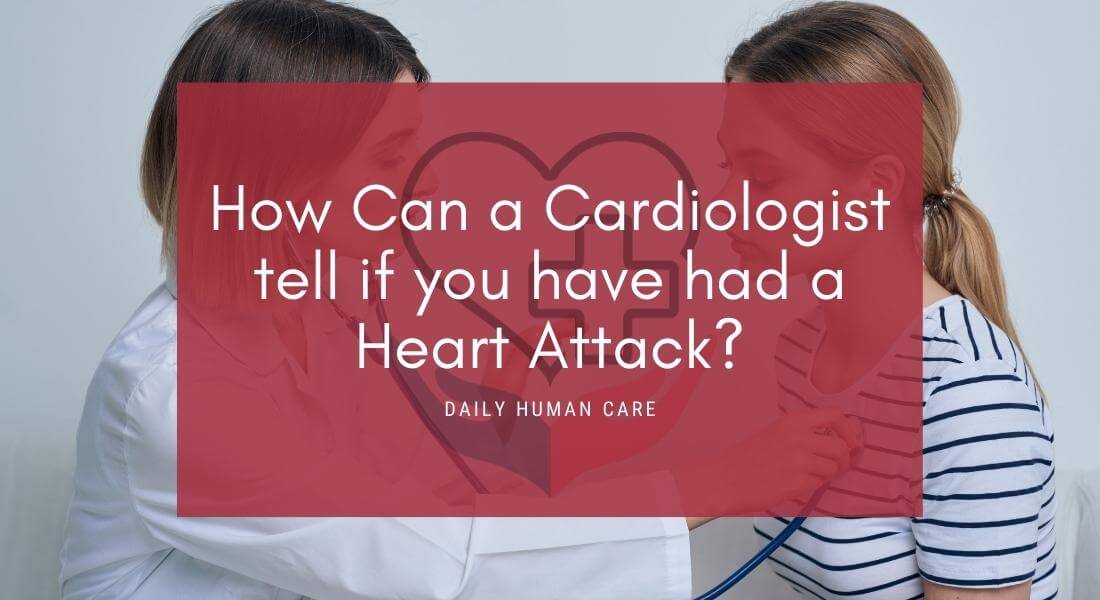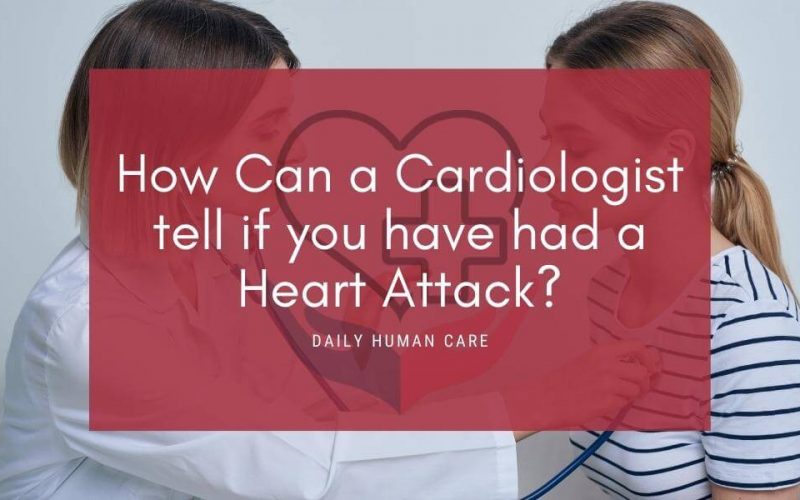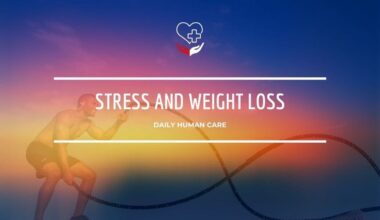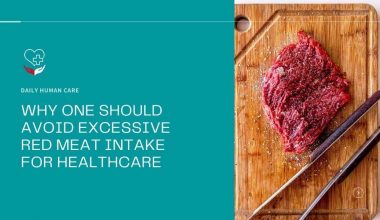Table of Contents
How Can Cardiologists tell if you have had a Heart Attack?
Heart studies are referred to as cardiology. It is a branch of medicine that studies and treats issues related to the heart and blood vessels. Cardiology is the study and treatment of heart and blood vessel diseases.
A heart attack is something that should not be ignored or passed off. Having a heart attack could potentially lead to death if left unattended. When you are having a heart attack, there may be some symptoms associated with the condition, but many people do not get any symptoms at all.
If you suspect that you are having a heart attack, call 995 immediately and/or seek medical attention right away. If you’re not sure if what you’re experiencing or witnessing is a heart attack, here are some of the tell-tale symptoms to look for:
- Uncomfortable pressure, fullness, squeezing pain in the center of your chest lasting more than 2 minutes; this generally occurs on both sides of your chest. The discomfort will usually go away after 5 minutes though it may come back later – this is called Angina.
- Pain in your arms, back, neck, jaw, or stomach.
- Shortness of breath that may come with or without chest discomfort.

If you have any of these symptoms, you need to see cardiologists right away so that the proper diagnostic tests can be performed to determine if you have actually had a heart attack or are experiencing angina instead.
Read the Pathophysiology of heart failure.
How a Cardiologist can Tell if you have a Heart Attack
When diagnosing someone at risk for having had a heart attack, there are several things that a heart specialist will check for during the evaluation process. These may include:
- Blood pressure: A person’s blood pressure may be elevated post-heart attack because their body reacts to trauma and stress.
- ECG (Electrocardiogram): This will show the cardiologists if the patient is having any abnormal heart rhythms or problems with how their heart is beating; ECGs are also able to determine if part of the heart muscle has died due to lack of blood flow.
- Chest X-ray: A chest X-ray may be ordered to help pinpoint areas of damaged or dead tissue in your heart muscle, which can provide more evidence for a diagnosis of whether you have had a heart attack.
- Cardiac Catheterization: A cardiac catheterization, also called angiography, is when doctors place a thin tube into your artery and inject dye into it through an incision they make using fluoroscopy. The fluoroscope is a TV camera attached to a monitor that allows the cardiologist to look inside your arteries and see if you have any blockages. It also helps them work out where they need to put in stents, which are tiny mesh tubes placed into narrow or weak coronary arteries during angioplasty to open up the blocked passage and improve blood supply to your heart muscle.
What Types of Questions does a Cardiologist Ask?
There are several types of questions you can expect from your cardiologist. These questions can help with the diagnosis of a heart attack and help determine what kind of treatment is needed to best address the issue. Here is a sample of some of the questions cardiologists ask;
- What are you feeling? This question is to get an idea about your symptoms and see if they match up with any typical symptoms associated with a heart attack. Also, this helps the doctor find out how to best approach your care depending on how long it has been since you had your heart attack. If it’s been less than 6 hours, certain treatments may not be recommended because open-heart surgery or intervention can cause further damage; however, if it’s been longer than 6 hours since the initial incident, more invasive procedures could be done.
- Have you ever experienced chest pains like this before? A person who has had heart attack symptoms before is more likely to have another one, especially if they do not take the proper care of themselves.
- Is there anyone in your family that has had heart disease or a heart attack? A person with a genetic predisposition for coronary artery disease may be at risk of having plaque build-up problems, which can lead to further complications.
- Do you smoke? Smoking hardens the arteries and makes it more difficult for blood to flow through them; this can lead to poor oxygenation of the surrounding tissue. If you are able to quit smoking, it will help lessen your chances of having future problems with heart damage.
What are the Long-term Effects of Having a Heart Attack?
The effects of having a heart attack depend on several factors, including where the blocked artery is located, how severe it is, what kind of treatment was done after the incident, etc. However, the main problem with having a heart attack is that it takes away blood supply to the heart muscle.
This can cause hardening of the arteries, enlargement of the heart, and other related problems. The good news is that some instances of heart attack can be prevented. Cardiovascular disease happens when plaque builds up in your coronary arteries, which stiffens them and makes it harder for blood to flow through them.
Because of this, there are a myriad of activities or adjustments your heart doctor may recommend to help you reduce the risks of heart attacks. Some of them include;
- Smoking cessation: As explained above, smoking can harden your arteries and make it more difficult for blood to flow through them thus leading to poor oxygenation of the surrounding tissue.
- Cessation of drinking: Drinking can cause dehydration, which can affect cardiac output as well as cause other issues such as high blood pressure.
- Diet modifications: If you eat a healthy diet that is low in salt and other additives, you reduce the chances of having a heart attack.
- Exercise: Exercise strengthens your cardiovascular system as well as improves your overall health.
If you smoke or have any other risk factors for heart disease, it’s important that you consult with your cardiologists and discuss your options. This way, you will be well-placed to deal with potential incidences of heart attack or even better, prevent heart attack altogether.
Final Thoughts
Heart problems are no joke, and heart attacks are even more serious. They reduce the flow of blood to your heart, which can cause shortness of breath, chest pain, nausea, etc. If you recognize any of these symptoms in yourself or others who may be experiencing them after an incident like choking, head traumas, or other issues that restrict breathing, call 995 immediately. The faster you get to the cardiologists, the more likely it is that your loved one will make a full recovery.
Also Read: https://dailyhumancare.com/dysphagia/.




